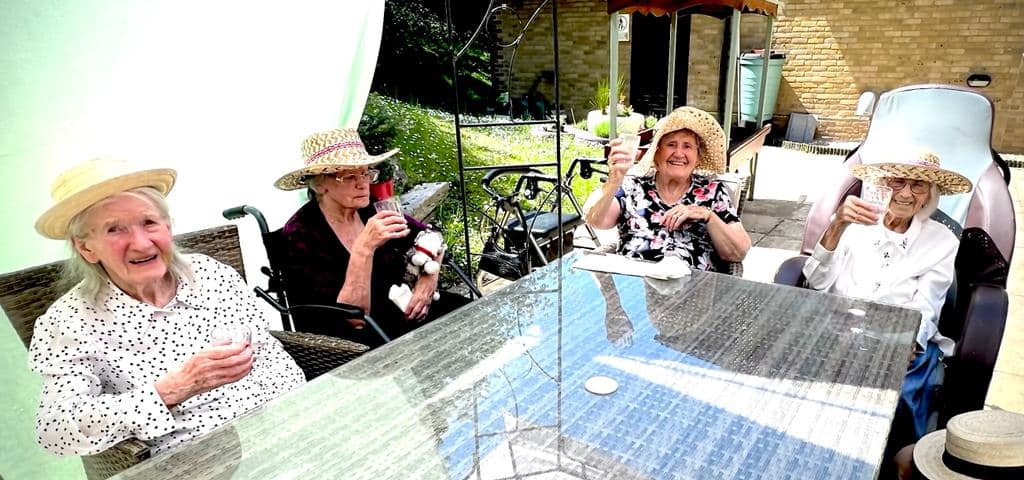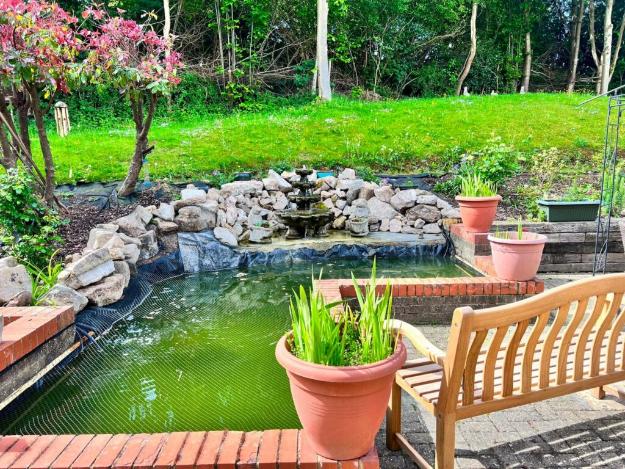

Care homes offer a wide range of services to individuals in need of support, and the types of care available can vary widely. Some care homes primarily focus on providing residential care, which entails offering a safe and comfortable living environment for individuals who may require assistance with daily activities, such as bathing, dressing, and meal preparation. These homes are typically suitable for older adults who need a supportive and social living arrangement but don't require extensive medical attention.
On the other hand, many care homes offer a more wide array of services, catering to a broader spectrum of needs. These services can include not only residential care but also specialised care for conditions like dementia or Alzheimer's disease. The levels of personal care provided in care homes can differ significantly from one facility to another, as some may offer more intensive medical and nursing care, while others focus primarily on assistance with daily living tasks and companionship. The choice of care home depends on an individual's specific requirements and preferences, as well as the level of care they need to ensure their well-being and quality of life.
Care services refer to a broad range of professional and informal assistance provided to individuals who may have physical, emotional, or psychological needs. These services are designed to support people in maintaining their well-being and quality of life, often encompassing healthcare, personal care, companionship, and other forms of aid.
Care services can be delivered in various settings, including hospitals, nursing homes, home care, and community organisations, with the goal of promoting the health, comfort, and independence of those in need, such as the elderly, disabled, or individuals facing health challenges.
Residential care is a term used to describe the general care and support provided in a standard elderly care home. This type of personal care service is designed for people who do not need 24-hour nursing care but need support with their daily care needs and so cannot live independently. Care assistants support with daily activities such as personal care, diet management, and administering medication, but do not cover complex medical care.
Residential homes offer individuals a safe and secure environment where they can live as independently as possible while enjoying the social benefits that come from living with like-minded individuals. Residential homes are typically fitted with an array of amenities and services which allow residents to enjoy luxury living, such as an in-house cinema, library, landscaped gardens, hairdressing salon, and regular entertainment, all under one roof. Residential care can help to alleviate loneliness and give peace of mind as the care staff is available 24 hours a day to monitor and assist when needed.
Some residential homes also offer emergency respite care for both the short-term and long-term. Respite care can be particularly useful for residents who are in rehabilitation after suffering from an illness or injury or just as an alternative solution for caregivers who themselves need a break.

This type of care will typically offer the same as residential care but with the addition of medical care from qualified nurses. Nursing care is suitable for people who have long-term conditions requiring more complex care such as intensive rehabilitative care (e.g., those who have suffered a stroke), or those with physical disabilities (e.g., those who require a PEG feeding tube because they are unable to swallow or eat enough and require long-term artificial feeding).
Nursing care assists residents with administering injection medications, aiding mobility, and supporting those with long term health conditions. Nursing homes that offer nursing care are fitted with specialised equipment such as nursing beds, air mattresses, and hoists.
Some nursing homes are also able to provide end of life care for people with terminal conditions. This offers residents a continuum of personal care and the comfort of knowing that no matter how their nursing requirements change, they can continue to live within the home.

The aims of dementia care homes are to support people with dementia, in a way that minimises the impact of their symptoms and allows them to live a fulfilling life. Dementia care can be given in both a residential and nursing home setting.
A nursing home that specialises in dementia care are often purpose-built, incorporating features designed to make daily life as comfortable as possible for residents and offering them a secure environment that promotes independence but maintains their safety. Such features include those that reduce confusion and minimise the impact of their symptoms as far as possible. For example, homes use colour coding on doors and large clear signage to help residents to recognise where they are and to find their way around. They may also have sensory rooms and/or gardens that can stimulate the senses through touch, sight, taste, and smell.
Dementia care staff hold qualifications in dementia care and will continually update their training to keep up to date with best practices and any new research. They are specially trained to deal with the unpredictable nature of dementia and to manage symptoms through responsive care. They understand the importance of sensitive communication when assisting people with dementia and are experts in recognising signs of distress and responding in a calming way to diffuse the situation.

These care homes offer multiple care services, all under one roof. Dual registered care homes encompass several care options to cover a range of needs i.e. residential, nursing and dementia.
This means that someone who initially needs residential care but later needs nursing care won't have to change homes. Homes that can offer a spectrum of care options are able to adapt quickly to a resident’s changing needs.
This continuum of care ensures that residents have the correct kind of personal care for different medical conditions or issues that occur over a span of years. It ensures that residents continue receiving treatment to manage symptoms or have treatment plans adjusted as necessary.
Types of Care Overview:

A continuum of care serves to ensure that residents receive appropriate care as their health conditions evolve over time. A continuum of care can encompass a wide range of healthcare services, including acute treatment for accidents and diseases, mental health and wellness programmes, mental health, home care and so on. Recipients of a continuum of care receive the services they require based on their medical history and current medical needs. Transitions in care when residents get older or present new health conditions are also covered by this type of care.
Hazelwood Care Home is a dual-registered care home, offering dementia, nursing, residential, and respite care. The wellbeing of our residents is our top priority with each resident being assigned a registered nurse, who will discuss and assess with them their needs, as well as develop a person-centred plan and continually monitor and review their care. Offering all types of personal care and a continuum of care allows residents to remain at their own home, regardless of how their care needs change. Our residential care homes qualified nurses encourage independent living but are always on hand to support and assist with specialist care, especially when it comes to taking medication, emergency care and
Our multi-disciplined approach to care means our home is suitable to care for a wide variety of residents covering a spectrum of care needs, including:
Should you have any questions regarding different types of care or the care available at Hazelwood Care Home then we welcome you to contact us. If you would like to get in touch and talk to a member of our healthcare professionals, you can reach us on 01474 573 800 or sending an email to info@hazelwoodcarehome.com.